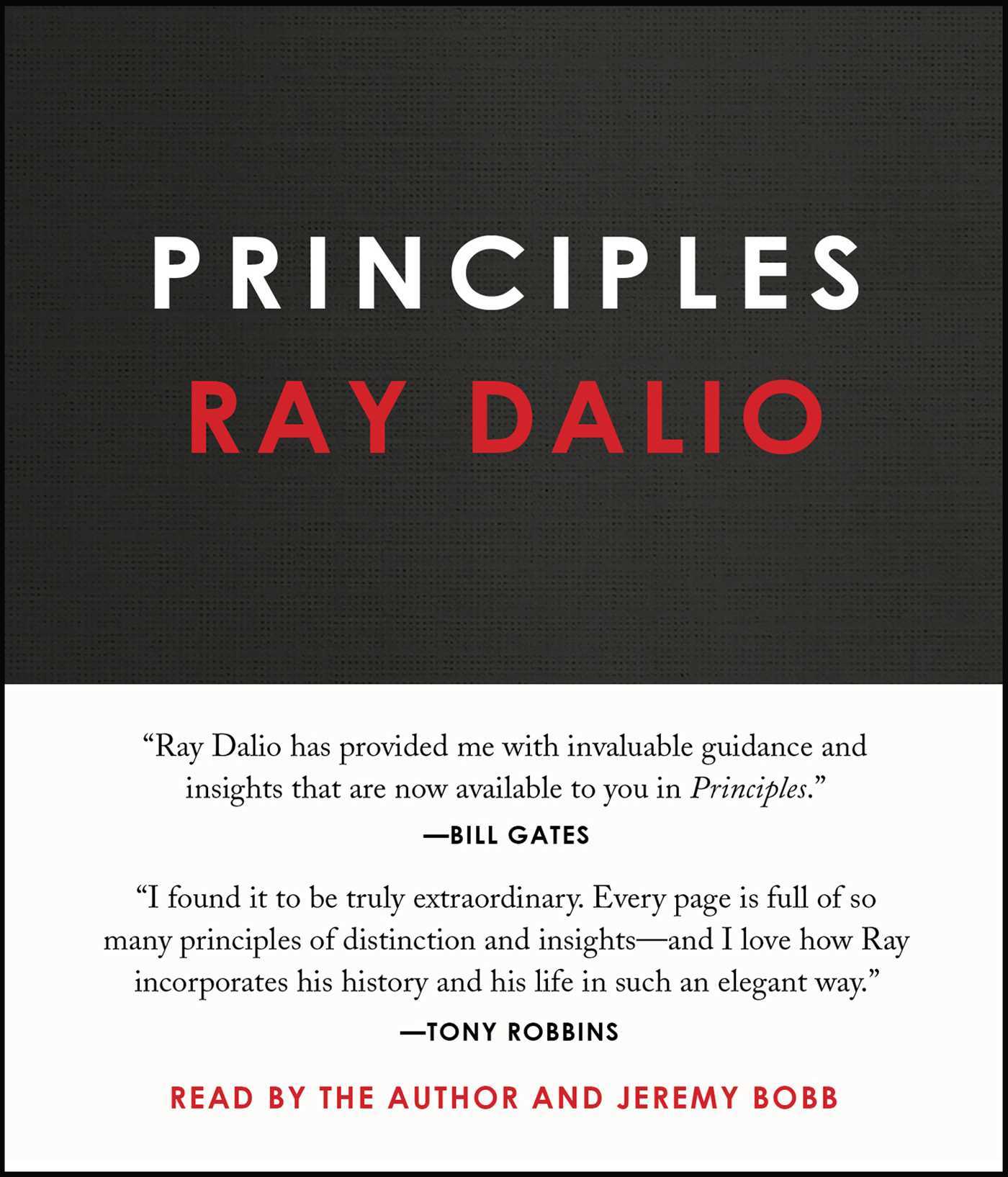What do you think?
Rate this book


16 pages, Audio CD
First published September 19, 2017
 How to Win Friends and Influence People
How to Win Friends and Influence People
 The 7 Habits of Highly Effective People: Powerful Lessons in Personal Change
The 7 Habits of Highly Effective People: Powerful Lessons in Personal Change
 Thinking, Fast and Slow
Thinking, Fast and Slow
 The 4 Disciplines of Execution: Achieving Your Wildly Important Goals
The 4 Disciplines of Execution: Achieving Your Wildly Important Goals
 Mastery Crisis of Conscience: Whistleblowing in an Age of Fraud
Mastery Crisis of Conscience: Whistleblowing in an Age of Fraud
